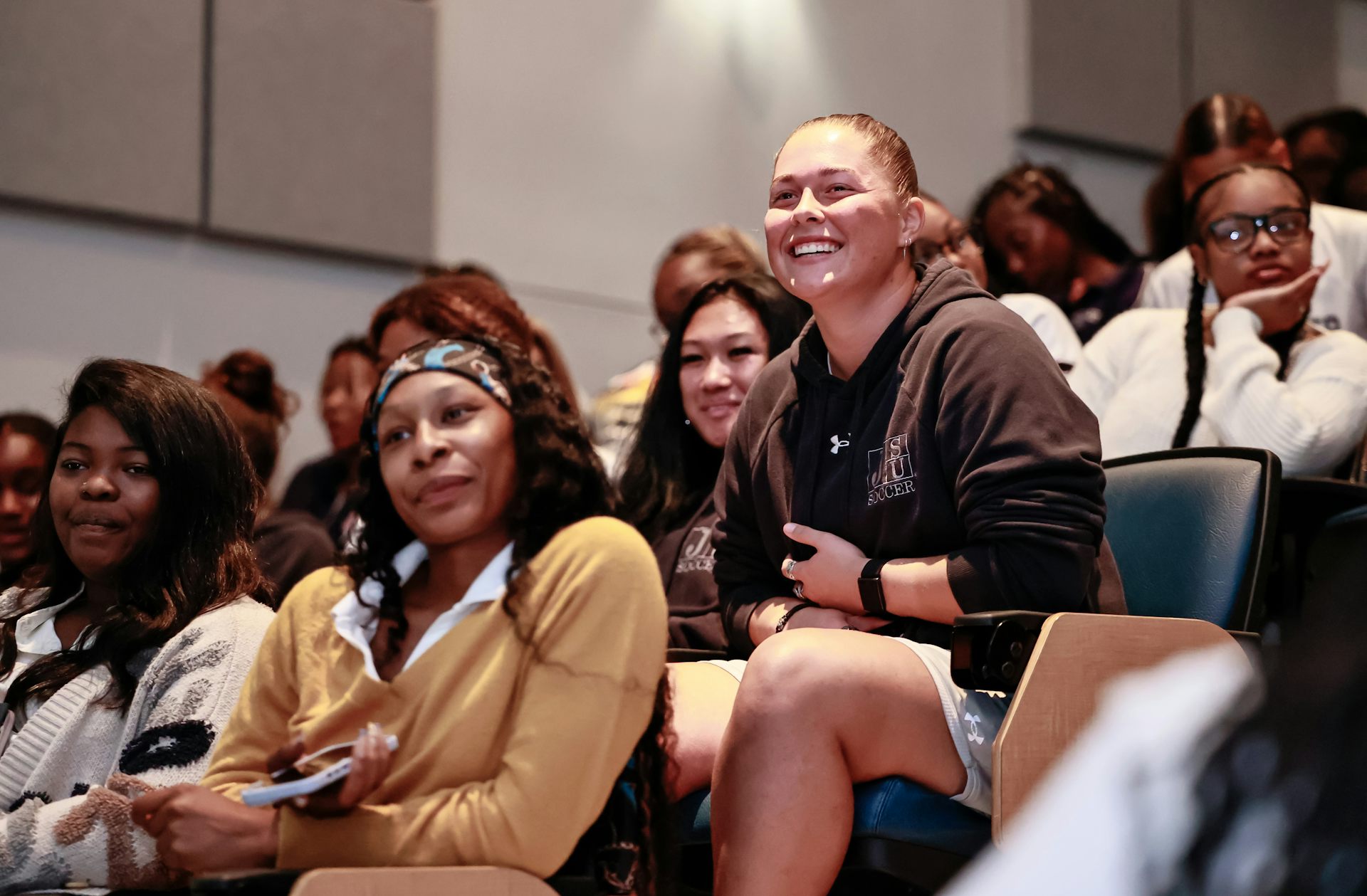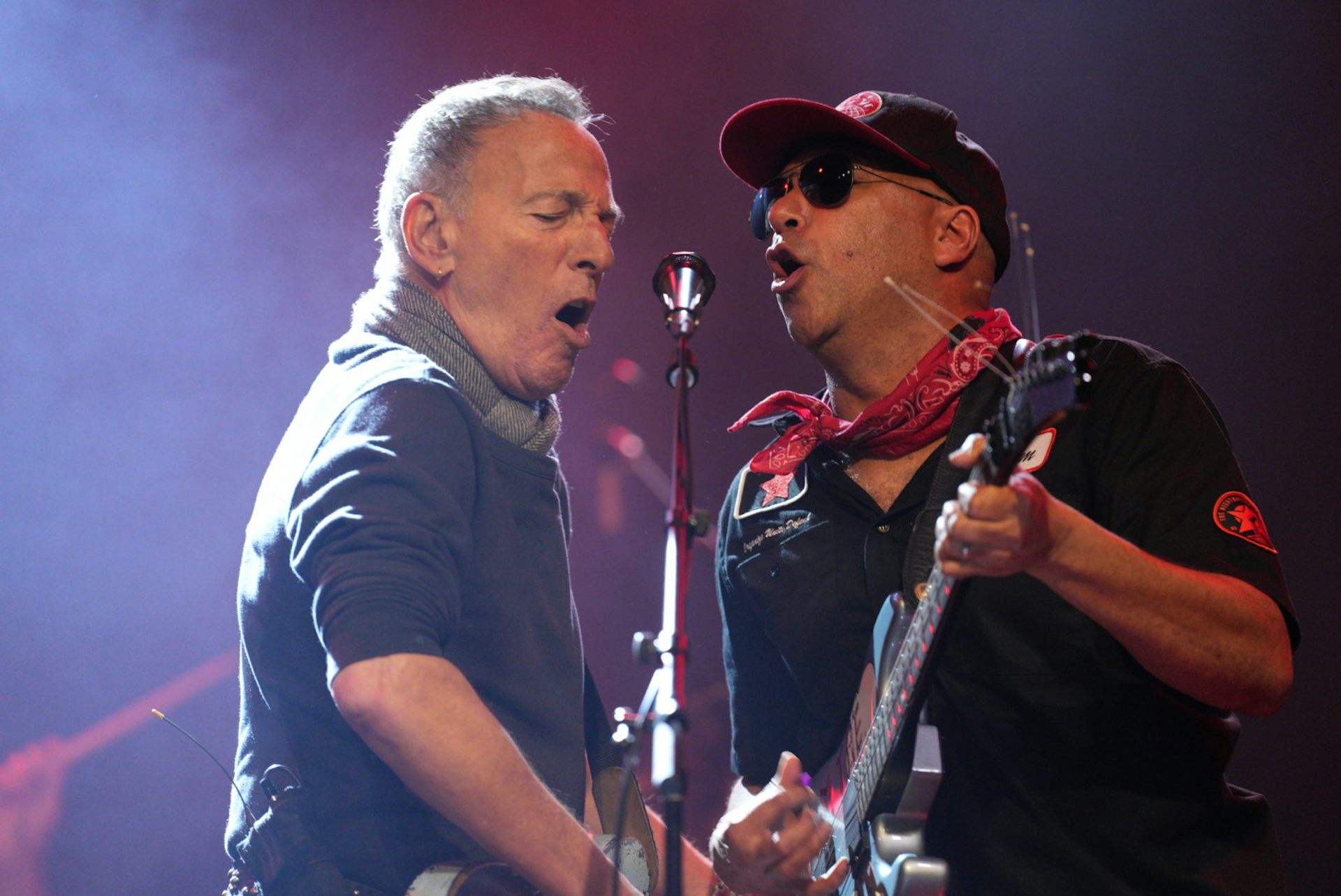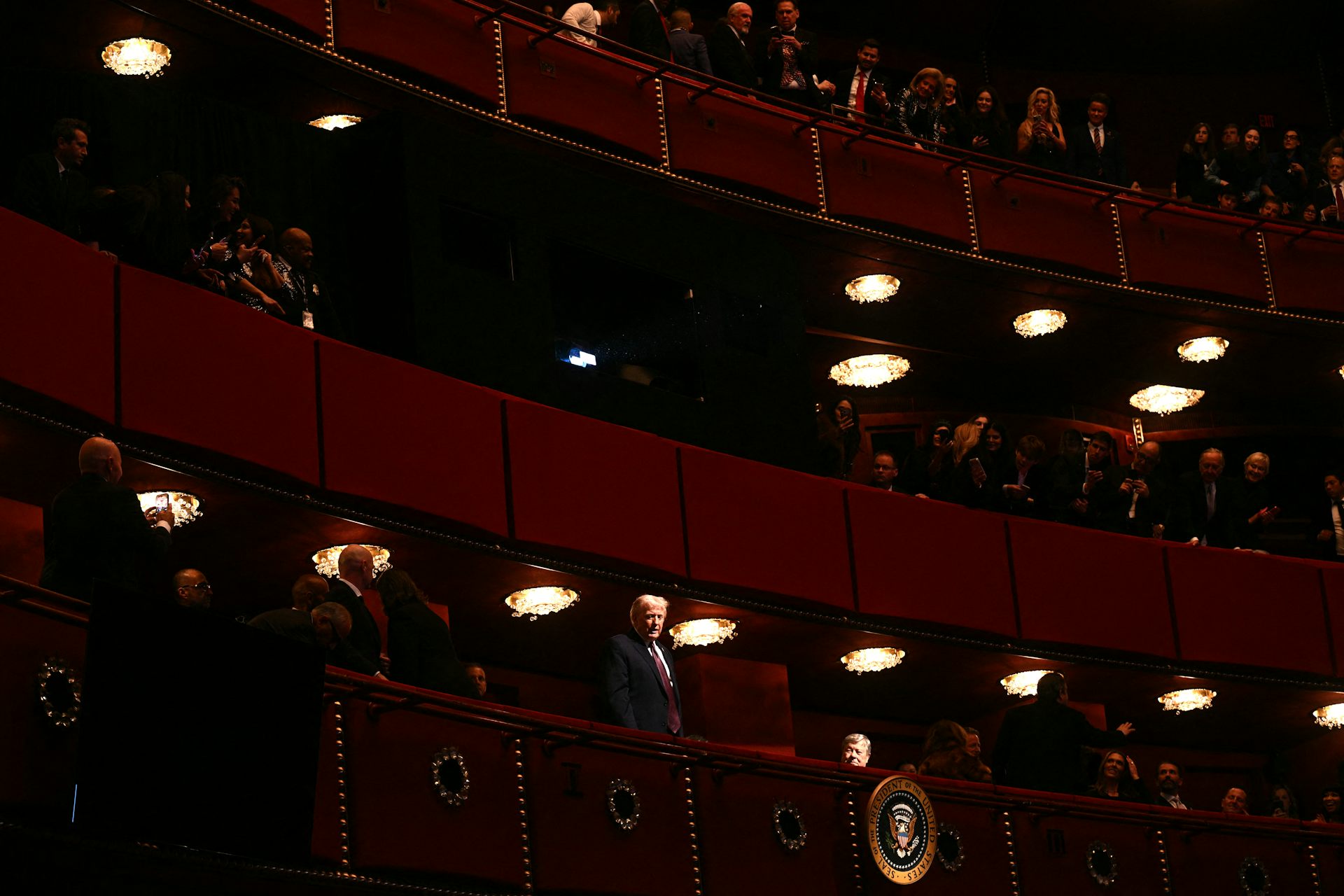Rap and gown: Hip-hop artists as commencement speakers
While hip-hop is often viewed through its problematic elements, Dillard University President Walter Kimbrough explains why rap artists are ideal commencement speakers.
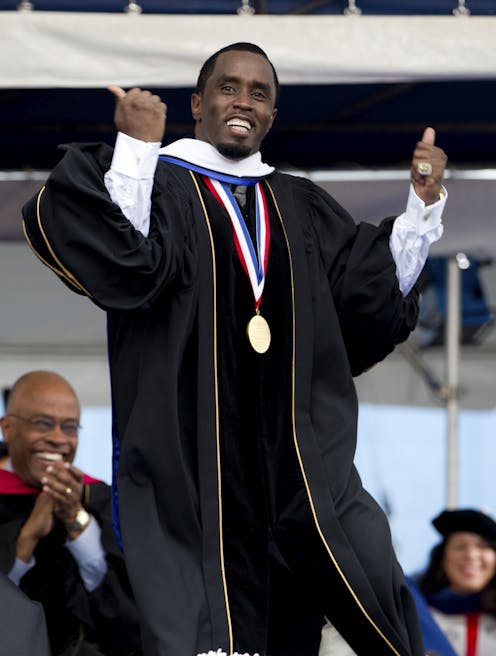
Traditionally at a college or university commencement before degrees are conferred, some well-respected, often scholarly figure gives a charge to the class. Historically this has been a speech that most people have to endure rather than embrace, praying that it is short so that they can get on with getting their diploma. I have three degrees. I only attended my doctoral ceremony because they were going to call my name, and I would walk across the stage.
But I have no idea who spoke for the commencement.
In recent years, colleges and universities have begun to see commencement as an advancement opportunity. A well-known celebrity or beloved public figure can lead to branding opportunities, raising the profile of the institution. Simultaneously, many students, having gone into debt for their degrees, began to expect to be rewarded with a memorable commencement speaker.
And while traditional commencement speakers are still the norm, from CEOs to politicians, celebrity commencement speakers are fairly routine. And we’re talking the biggest names: Oprah, Tom Hanks, Jim Carrey, J. K. Rowling, Ellen DeGeneres and Robert De Niro. Even Kermit the Frog gave the commencement address at Southampton College in 1996.
So why not rappers?
Global influence
Once thought of as a fad that would disappear, hip-hop is undeniably the most influential art form today. It influences our daily language, is used extensively to market products and services, and is the most widely sold – and streamed – music form today. Hip-hop is popular culture, an American idea that has spread around the globe. In fact, the recent announcement that Kendrick Lamar was awarded a Pulitzer Prize for his album “Damn,” the first awarded to a hip hop artist, has spurred dozens of articles about hip-hop’s significance.
But because hip-hop is often viewed through its problematic elements, like profanity and misogyny, some might think that a rapper has no place at a commencement exercise. There is an idyllic view that the commencement speaker is some paragon of virtue, a role model presented for graduates not to just live the words that they speak, but the lives that they lead. Considering the number of disgraced or imprisoned men and women who have given commencement speeches at America’s most prestigious institutions, evidenced by the numerous times schools have rescinded honorary degrees from people who lived a lie that we bought, hip-hop artists’ honesty, even if uncomfortable, is refreshing.
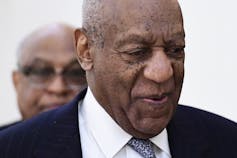
Hip-hop 101
I teach a class on hip-hop, sex, gender and ethical behavior. One semester, a local minister had us think about hip-hop artists in relation to Biblical figures. He argued that hip-hop takes a questioning stance, much like we find in the Psalms or in the book of Habakkuk. Historically, the mantra of hip-hop has been to “keep it real,” as artists often through their lyrics wrestle with the sacred, the secular and the profane.
In essence, hip-hop wrestles with real-life issues through imperfect people, just like the Bible. That’s why, in my view, hip-hop artists make for perfect commencement speakers.

Queen Latifah was one of the first hip-hop artists to give a commencement address in 2004 at Delaware State University. Since then we have seen Chuck D, Sean “Diddy” Combs, David Banner, Common, Kanye West and Pharrell Williams. A great deal of thoughtful music has been made by this group. This year, Queen Latifah, will.i.am, and at my institution, Chance The Rapper, will share their thoughts to graduates. Most are thoughtful people, not simply performers.
Chuck D of the group Public Enemy is famous for saying celebrity is the drug of choice in America. Universities should ask themselves how we make sure the drug is a stimulant to inspire innovation and initiative, rather than a depressant that numbs the senses. Hip-hop artists can be that stimulant, using their celebrity to instigate action.
More could step to the mic
I don’t expect schools to abandon the CEO, politician, journalist or author as commencement speakers. But there is a message within Questlove or Black Thought, MC Lyte or J. Cole, Rapsody or Dee-1, Kendrick Lamar or Jay-Z.
And if we gave her a chance, former community college student Cardi B might allow us to invade her privacy and speak to us about how one might live their “Best Life.”
Walter M. Kimbrough does not work for, consult, own shares in or receive funding from any company or organisation that would benefit from this article, and has disclosed no relevant affiliations beyond their academic appointment.
Read These Next
TrumpRx, Trump Kennedy Center, Trump National Parks passes − government free speech allows the presi
The law is on Trump’s side, in most cases, when his administration names things after him. But citizens…
How do people know their interests? The shortest player in the NBA shows how self-belief matters mor
Some people seem to be born to excel at certain activities. But having opportunities to try new things…
Historically Black colleges and universities do more than offer Black youths a pathway to opportunit
HBCUs make up just 3% of the country’s colleges and universities. But their graduates include 40%…




